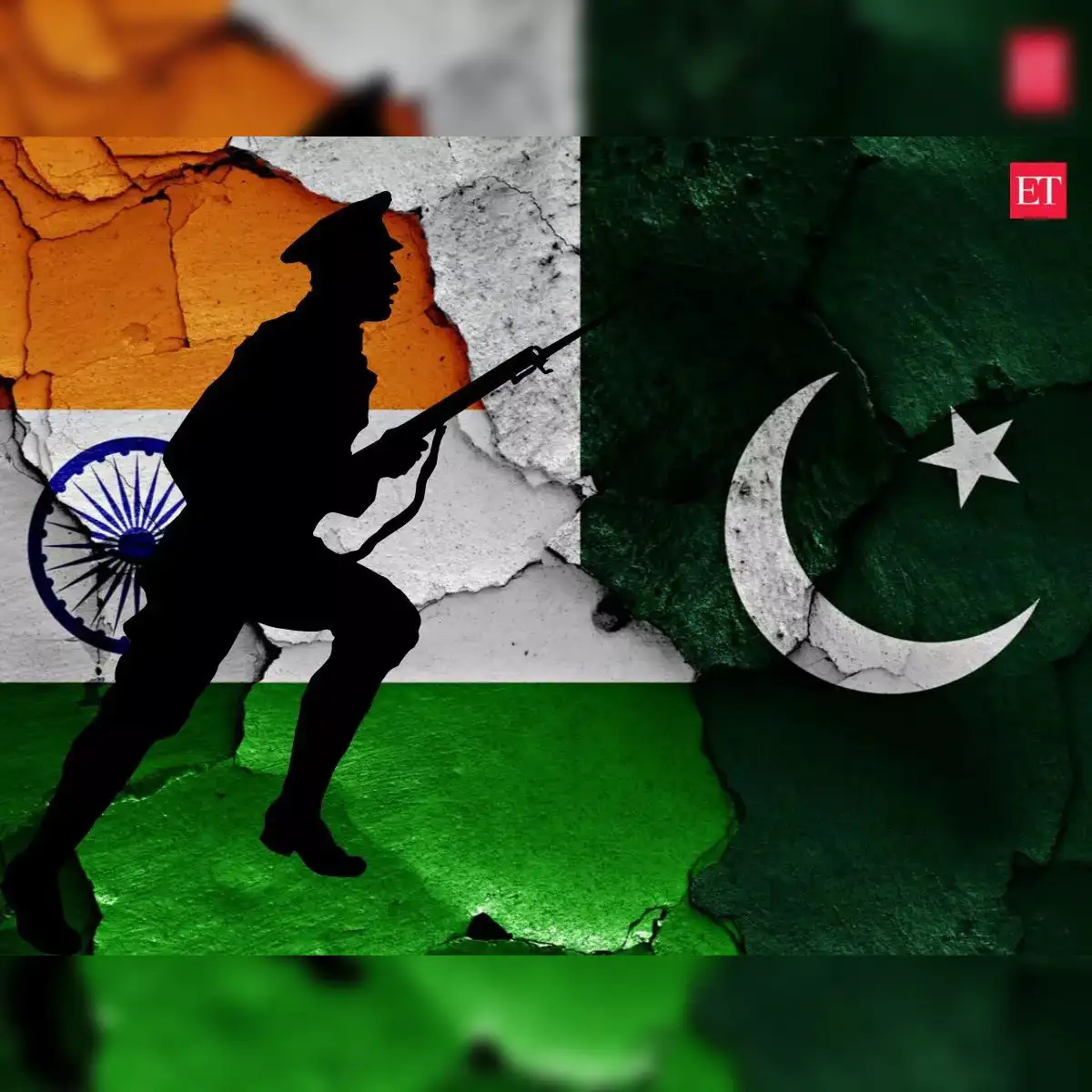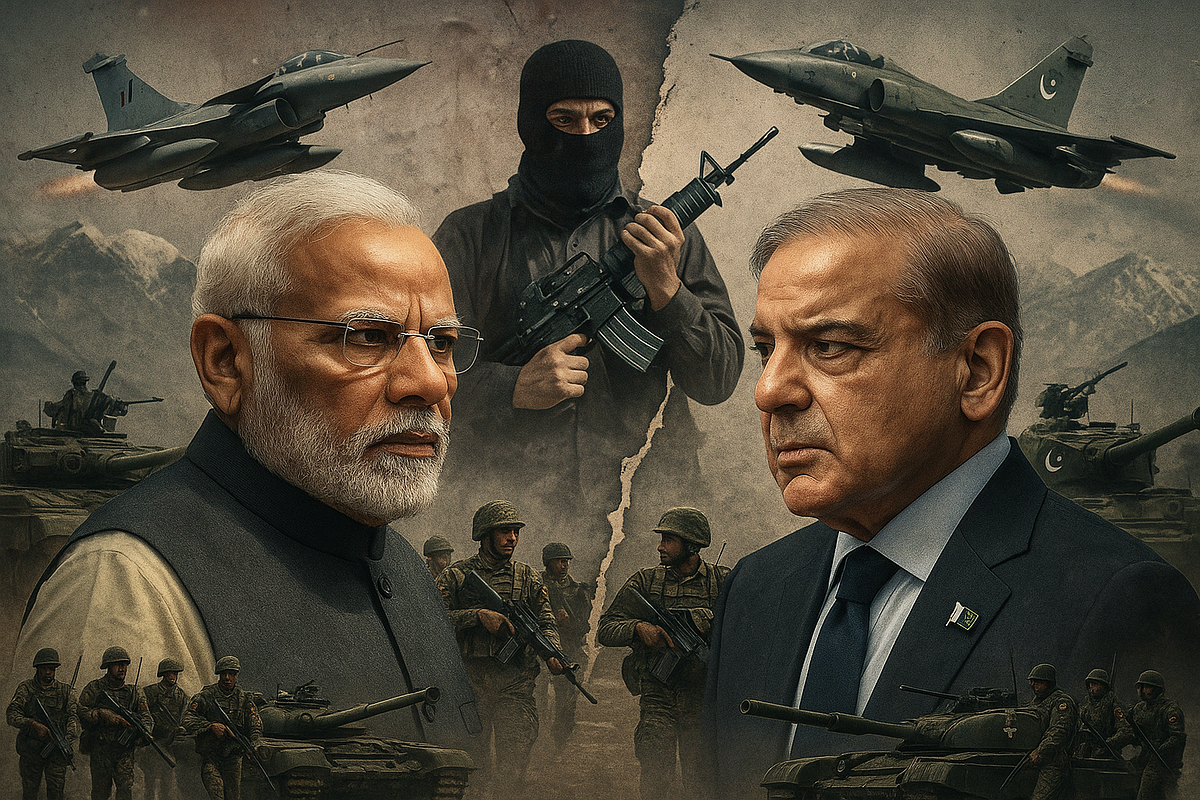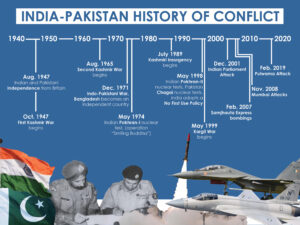war between Pakistan and India in 2025, exploring the possible causes, consequences, and implications for the region and the world.”>
A Looming Shadow: Pakistan vs India War 2025
In the realm of geopolitics, the Indo-Pak rivalry is a ticking time bomb, waiting to unleash its fury upon the world. The animosity between the two nuclear-powered nations has been intensifying over the years, with each side accusing the other of fuelling terrorism and instability in the region. As we step into 2025, the question on everyone’s mind is, will the fragile peace hold, or will the two nations embark on a catastrophic journey of destruction?
The Kashmir Conundrum The Kashmir dispute, a legacy of the British Raj, has been the primary bone of contention between India and Pakistan. The region, claimed by both countries, has witnessed numerous military confrontations, with the most recent being the 2019 Pulwama attack. The attack, which killed 40 Indian paramilitary personnel, saw India launch airstrikes deep inside Pakistani territory, sparking fears of an all-out war. Will the Kashmir issue continue to simmer, waiting for the perfect moment to ignite, or will the international community intervene to prevent a humanitarian crisis?
 Pakistan vs India War 2025″ style=”max-width:80%; height:auto;” />
Pakistan vs India War 2025″ style=”max-width:80%; height:auto;” />
The rising tensions between India and Pakistan have also been fueled by the growing military arsenals. Both nations have been rapidly modernizing their military hardware, with a focus on nuclear capabilities. The acquisition of advanced weaponry, such as the S-400 missile defense system by India, has raised concerns about the possibility of a nuclear conflict. Pakistan, not to be left behind, has been bolstering its nuclear arsenal, with a focus on tactical nuclear weapons. The threat of a nuclear exchange, though remote, cannot be ruled out, and the consequences would be catastrophic for the entire world.

The role of external players in the Indo-Pak conflict cannot be understated. The United States, China, and Russia, have significant interests in the region and have been attempting to balance their relationships with both India and Pakistan. The US, in particular, has been walking a tightrope, trying to maintain its strategic partnership with India while also providing military aid to Pakistan. China, on the other hand, has been using its economic clout to strengthen its ties with Pakistan, much to the dismay of India. The actions of these external players could either help to diffuse the tensions or ignite the flames of war.
The economic implications of a war between India and Pakistan would be devastating, not only for the region but also for the global economy. The disruption of trade routes, the loss of human capital, and the destruction of infrastructure would have far-reaching consequences. The global economy, already reeling from the COVID-19 pandemic, would struggle to recover from the shock of a war between two nuclear-powered nations. The possibility of a global recession, though not immediate, cannot be ruled out.
In conclusion, the possibility of a war between India and Pakistan in 2025 is a looming shadow that cannot be ignored. The causes of such a conflict are multifaceted, with the Kashmir dispute, military modernization, and external influences being the primary factors. The consequences of such a war would be catastrophic, not only for the region but also for the world at large. It is imperative that the international community intervenes to prevent a humanitarian crisis and promoting dialogue between the two nations. The world holds its breath, hoping that sanity prevails, and the fragile peace holds.


